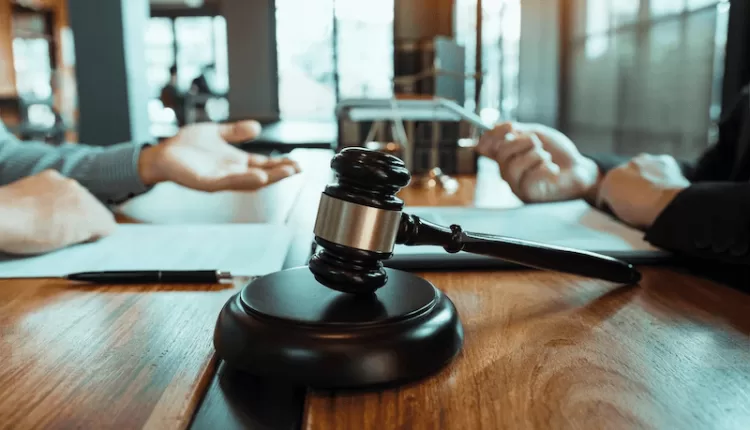BBC documentary on Modi causes uproar: What you need to know
On Tuesday night, Jawaharlal Nehru University (JNU) was under police surveillance, with gates locked and power cut off. Nevertheless, members of the JNU Students Union (JNUSU) assembled at 9 pm to watch the banned BBC documentary “India: The Modi Question” together. The Indian government had blocked the two-part film, which examines the 2002 Gujarat riots, as well as YouTube videos and Twitter posts sharing links to it. The Ministry of External Affairs had labeled the documentary a “propaganda piece.”
Despite these efforts, JNUSU President Aishe Ghosh stated, “They can cut off the WiFi and electricity but they can’t stop us from viewing the documentary.” Around 100 students were present, using QR codes and bluetooth to share the video and watch it on laptops or in community centers. However, around 10.40 pm, stones, and broken glass were thrown at those gathered to view the documentary.
The JNU Administration’s Response
The JNU administration had previously released a notice on Monday asking students to refrain from airing the documentary and stating that the event had not been approved. The JNUSU had responded by questioning the validity of the notice and emphasizing that the screening was only intended to watch the documentary on campus.
The Aftermath of the Incident
After the stone-throwing incident, both the Left-affiliated All India Students’ Association (AISA) and Right-affiliated Akhil Bharatiya Vidyarthi Parishad (ABVP) pointed fingers at each other for the violence.
The Importance of Free Speech on Campus
The events at JNU on Tuesday night highlight the importance of free speech on campus. Despite government efforts to block the documentary, the students’ desire to watch it illustrates their commitment to seeking the truth and understanding different perspectives. It is crucial that universities remain spaces where students can freely express themselves and engage in open discourse.
Furthermore, the incident raises questions about the role of the university administration in protecting free speech. The JNU administration’s decision to release a notice asking students to refrain from airing the documentary and their failure to approve the event raises concerns about their commitment to upholding the principles of free speech.
The Future of Free Speech in India
The events at JNU also have broader implications for the state of free speech in India. The government’s decision to block the BBC documentary and other online content related to the 2002 Gujarat riots raises concerns about censorship and the suppression of dissenting voices. It is crucial that the Indian government ensures that all citizens have the right to freedom of expression and access to information.
In conclusion, the unlawful surveillance of JNU and the subsequent incident of stone-throwing on Tuesday night bring to light the importance of free speech on campus and in society as a whole. It is crucial that universities and governments uphold the principles of free speech and protect the rights of citizens to express themselves and seek the truth.

